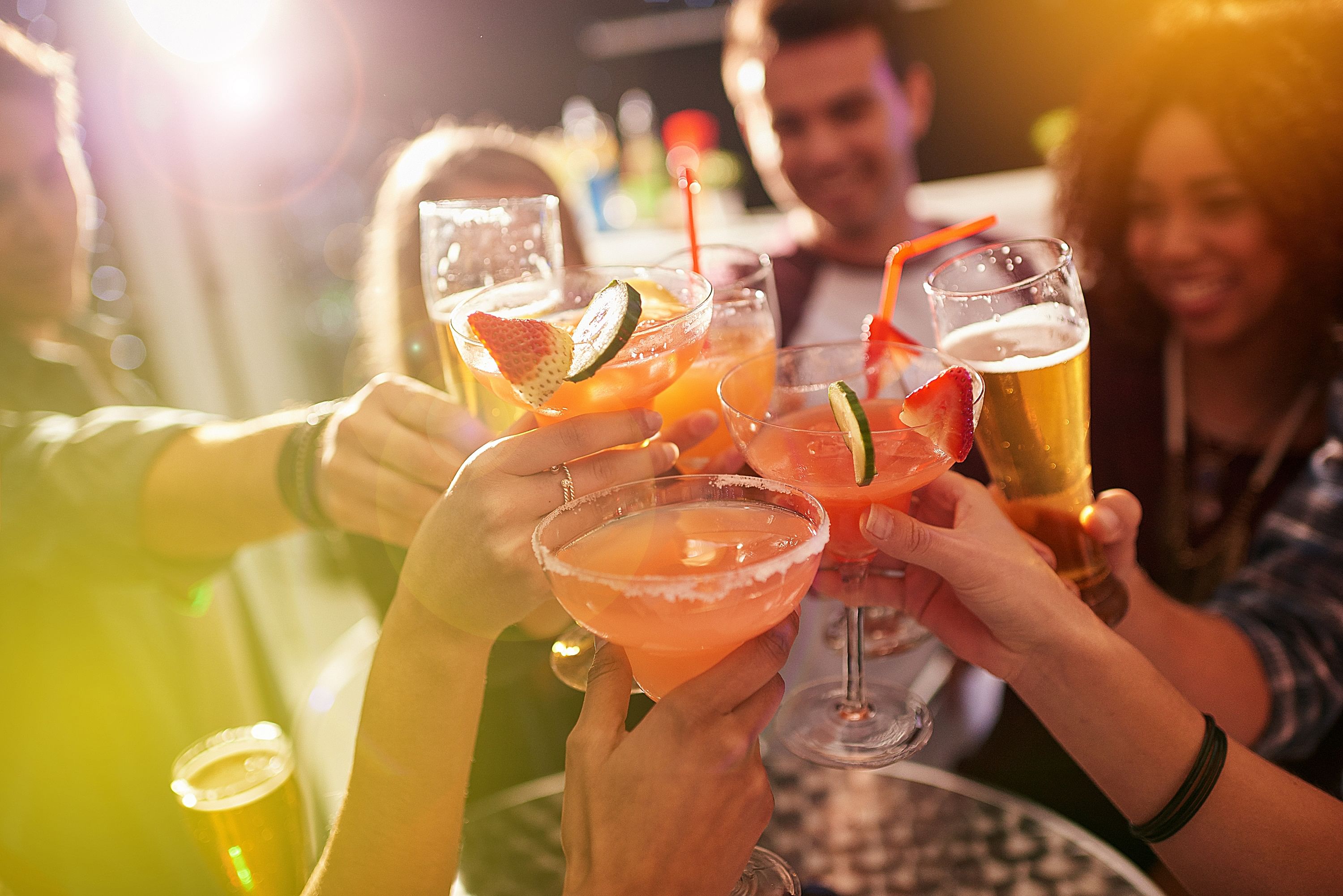
A recent development in food science is zero-alcohol beverages that taste like alcohol.
You may have noticed a colleague sipping on a Heineken can and wondered how the management was okay with drinking on duty. Well, that's not the beer you imagine. Budweiser and Heineken, among other brands, have joined the alcohol-free beer franchise lately.
On the professional front, few mixologists are experimenting with zero-alcoholic beverages. Companies like Sakurafresh and Seedlip, which produce distilled non-alcoholic spirits, are bringing out options for mixologists to work with.
Neil Alexander from Windmills Craftworks is one of the few in Bengaluru experimenting with zero-alcoholic beverages.
“It’s a bit of a challenge to get people to try zero-alcoholic drinks because those who love to drink will want a real drink. Nevertheless, we are trying out everything we can to promote them,” he says.
Neil uses zero-alcohol liqueurs, gin, bitters and syrups. His creations are ‘zero-alcohol Negroni’ and ‘non-alcoholic margarita’. You can’t tell the difference, he says.
“Unless and until you are an expert, a bartender can easily fool you with a zero-alcohol drink. Sometimes, even the cops can get confused,” he says, laughing.
Interestingly, Neil’s interest in experimenting with these drinks came about after he quit drinking a year ago. “This is something I want to do for myself. I still taste everything I create, but I spit it out,” he clarifies. He feels there’s a future to zero-alcohol drinks but it may take time. And he may be right as alcohol consumption is declining globally. According to a report by the World Health Organisation, the overall number of drinkers has seen a five per cent decrease since 2000. If it was 47.6 per cent then, it is 43 per cent now.
Byg Brewski Brewing Company in the city also experimented with zero-alcohol beverages but discontinued as they didn’t see a market. “We introduced it in 2018 and had it on the menu for about six months. Even when we encouraged people to try it, they didn’t seem keen. That’s when we dropped the plan and decided to concentrate on brewing beer,” a representative told Metrolife.
Kombucha is a non-alcoholic drink that seems to have found takers in the city. It is a fermented drink with less than five per cent alcohol, which is why it is classified as non-alcoholic. This Asian tea is made with sugar, water, SCOBY (symbiotic culture of bacteria and yeast) and, of course, tea. Kombucha is said to have health benefits and with the addition of the flavour of one's choice, one can consume it without worrying about getting drunk.
“I’m working on including kombucha into a zero-proof cocktail,” Neil explains.
Deccan Herald is on WhatsApp Channels| Join now for Breaking News & Editor's Picks